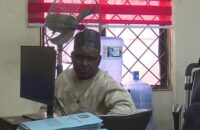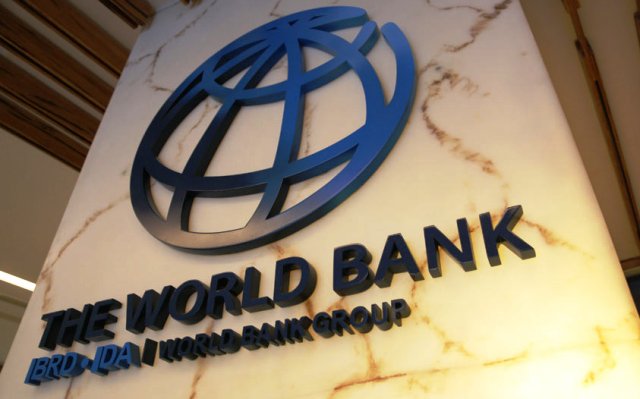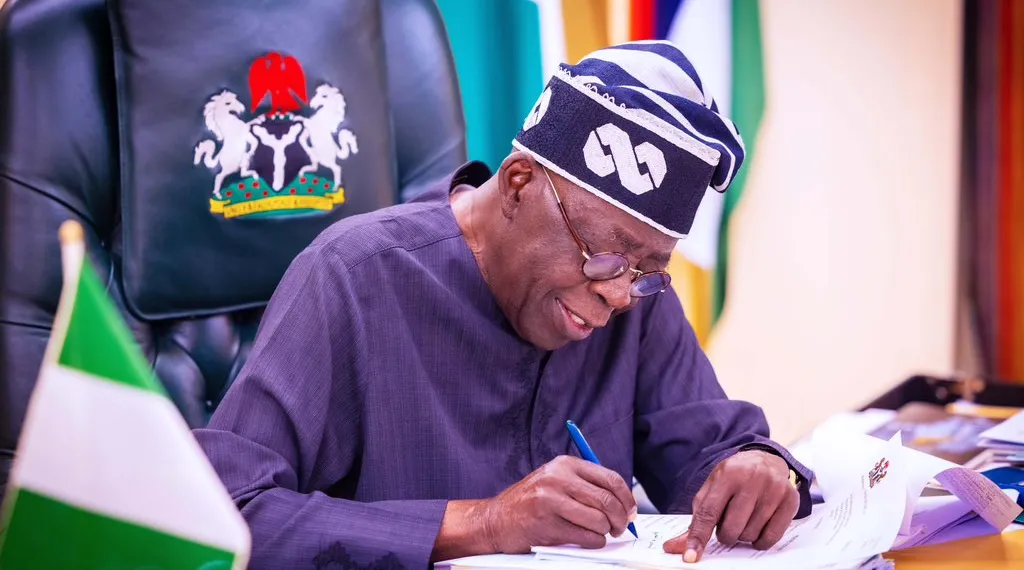The World Bank has demanded debt transparency as a crucial step in countries’ development process, while it estimates that external financing needs in Nigeria and other low income developing countries will reach $429bn between 2023 and 2025.
It added that transparency would facilitate new investments, improve accountability, and help reduce corruption.
This was stated in its report titled “Transparency in Developing Economies,” on Wednesday which marked the first comprehensive assessment of the global and national systems for monitoring sovereign debt.
The countries include Kenya,Honduras, Rwanda, Kosovo, The Gambia, Chad, Nepal, Nigeria, Bhutan, Maldives, South Africa, Vietnam, Jamaica, Indonesia, Peru, Lao PDR among others, the report added.
It said, “To meet the Sustainable Development Goals by 2030, low income developing countries will need to invest at least 4.5 per cent of national GDP each year on infrastructure alone.
“With a growing current account and budget deficits following the global economic slowdown, initial WB estimates indicate that external financing needs in LIDCs will reach $429bn between 2023 and 2025. Most of these financing needs will have to be met through new borrowing. To ensure that this financing contributes effectively to development outcomes and does not undermine long-term debt sustainability, debt transparency must be improved”.
While stating the benefits of loan contract standardisation, the report added that requirements about standardisation of terms may help promote transparency.
On his part, the World Bank Group President, David Malpass, said, “Improving debt transparency requires a sound public debt-management legal framework, integrated debt recording and management systems, and improvements in the global debt monitoring. International financial institutions, debtors, creditors, and other stakeholders, such as credit-rating agencies and civil society, all have a key role to play in fostering debt transparency.”
Source PUNCH













